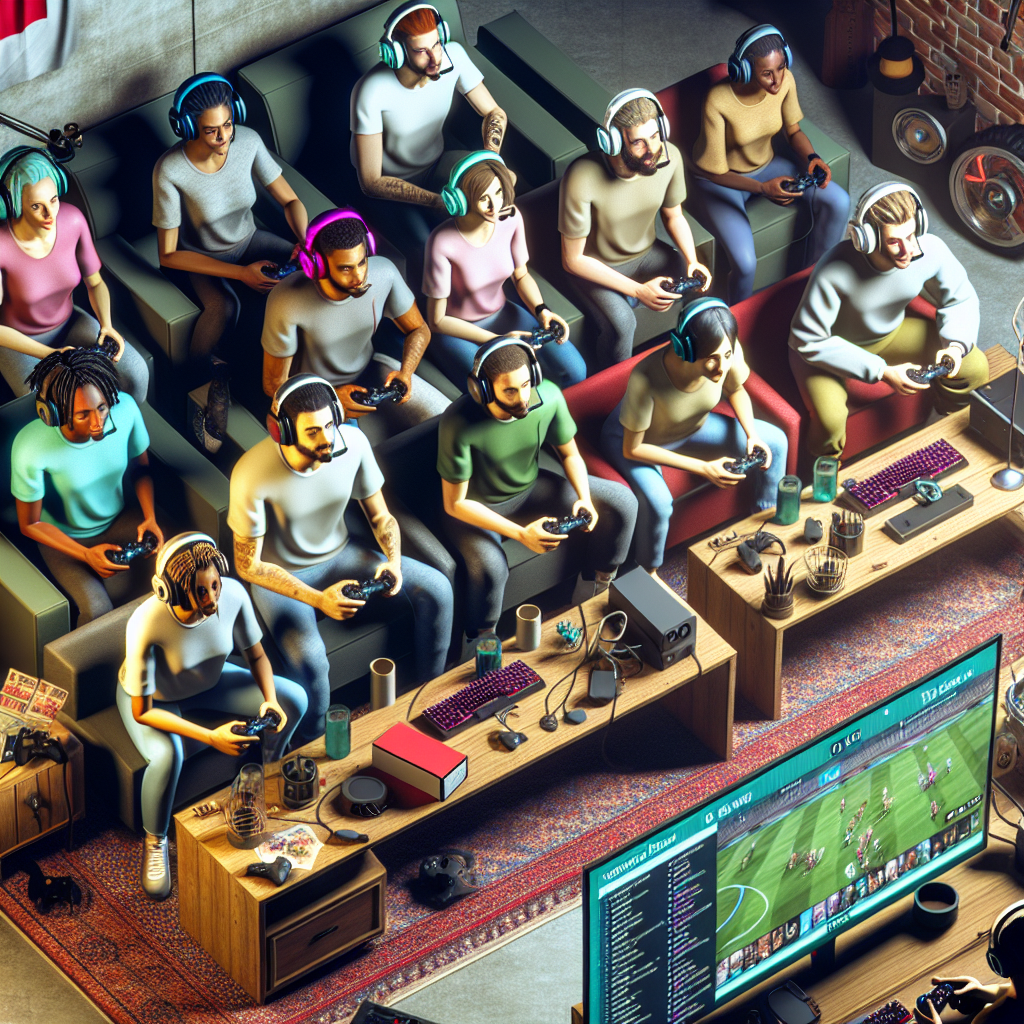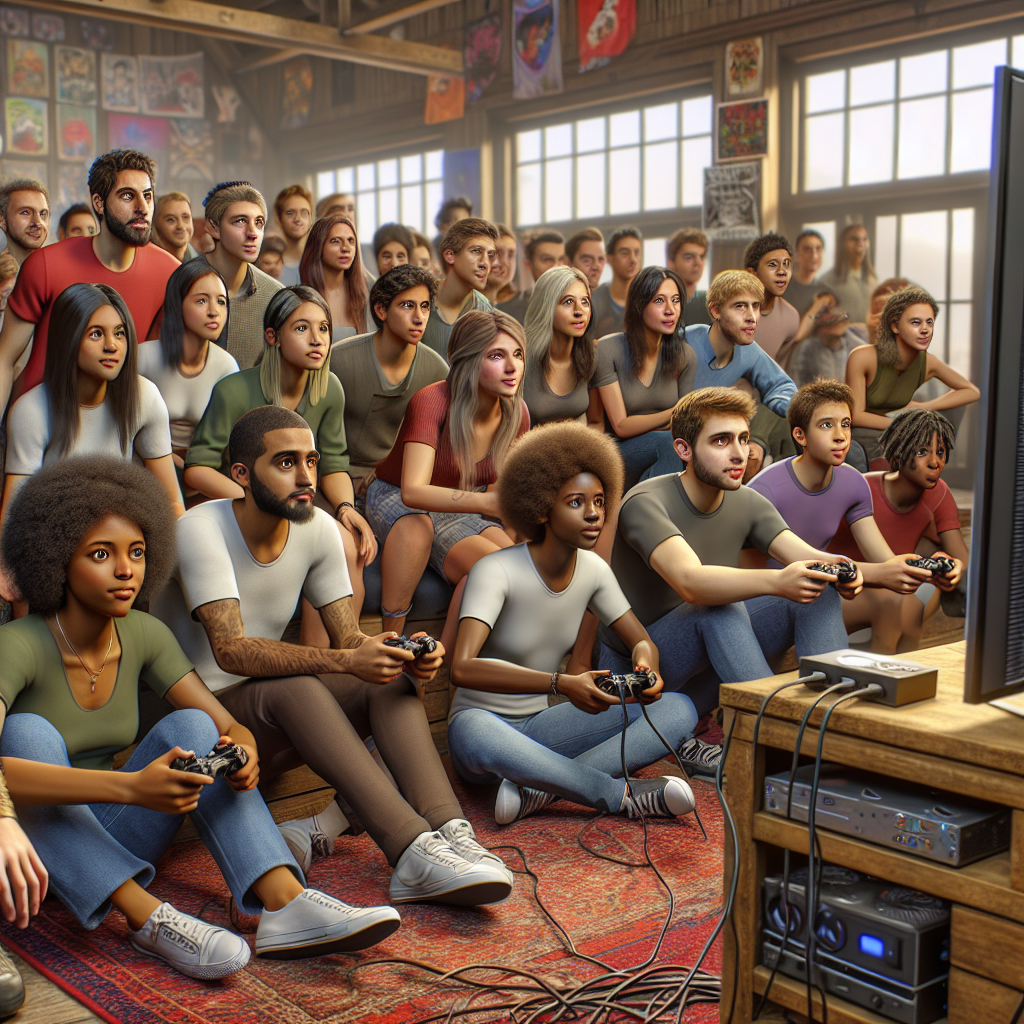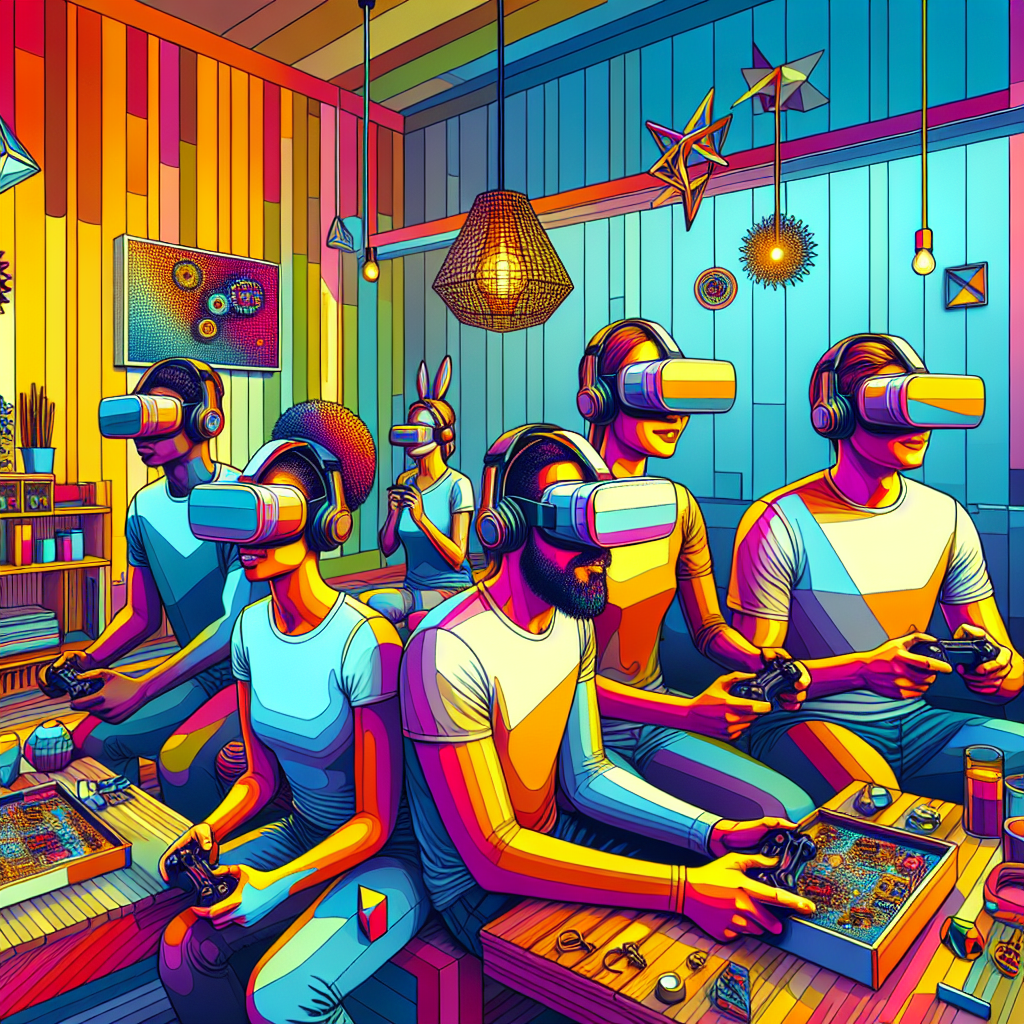In recent years, the concept of **gaming for social change** has gained traction, as more developers and players recognize the potential of games to drive meaningful societal impact. Video games have evolved beyond mere entertainment; they now serve as powerful platforms for storytelling, education, and activism. As gaming technology continues to advance, the possibilities for promoting social change through this medium are virtually limitless.
Empowering Voices Through Interactive Storytelling
One of the most significant ways **gaming for social change** manifests is through interactive storytelling. Games like “Life is Strange” and “The Last of Us” tackle complex themes such as mental health, LGBTQ+ rights, and the impacts of war. These narratives allow players to step into the shoes of characters facing real-world challenges, fostering empathy and understanding. By immersing players in these experiences, games can spark conversations and inspire action in ways traditional media often cannot.
Moreover, educational games like “Foldit” allow players to contribute to scientific research while having fun. Players manipulate proteins to solve puzzles, directly impacting real-world scientific discoveries. This innovative approach not only engages players but also transforms them into active participants in solving global issues.
Building Communities and Raising Awareness
Another aspect of **gaming for social change** is its ability to build communities around shared causes. Platforms like Twitch and YouTube Gaming have enabled gamers to host charity streams, raising millions of dollars for various organizations. Events like Games Done Quick showcase the gaming community’s generosity, with speedrunners completing games to raise funds for medical research.


Additionally, gaming conventions and online forums provide spaces for players to discuss social issues and mobilize for change. Initiatives such as the “#BlackLivesMatter” movement have seen significant engagement within gaming communities, as players use their platforms to amplify marginalized voices and advocate for justice. This collective action highlights the potential of gaming as a vehicle for social activism.
The Future of Gaming and Social Impact
As we look to the future, the potential for **gaming for social change** continues to expand. With advancements in virtual reality (VR) and augmented reality (AR), developers can create even more immersive experiences that challenge players to confront pressing social issues. Imagine a VR simulation that places players in the midst of a humanitarian crisis, compelling them to make difficult choices and understand the consequences of their actions.
Furthermore, the rise of indie games has democratized the gaming landscape, allowing diverse voices to share their stories. These games often tackle niche topics that resonate with specific communities, fostering a sense of representation and inclusivity. As more developers embrace this approach, the impact of gaming on social change will only grow.
In conclusion, gaming is indeed becoming the next frontier for social change. Through storytelling, community building, and innovative technology, games have the power to inspire action and foster empathy. As players continue to engage with these narratives and initiatives, the gaming industry will play an increasingly vital role in shaping a more just and equitable world.
Some content and/or images on this page were created using AI.





